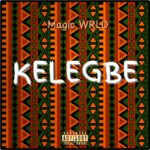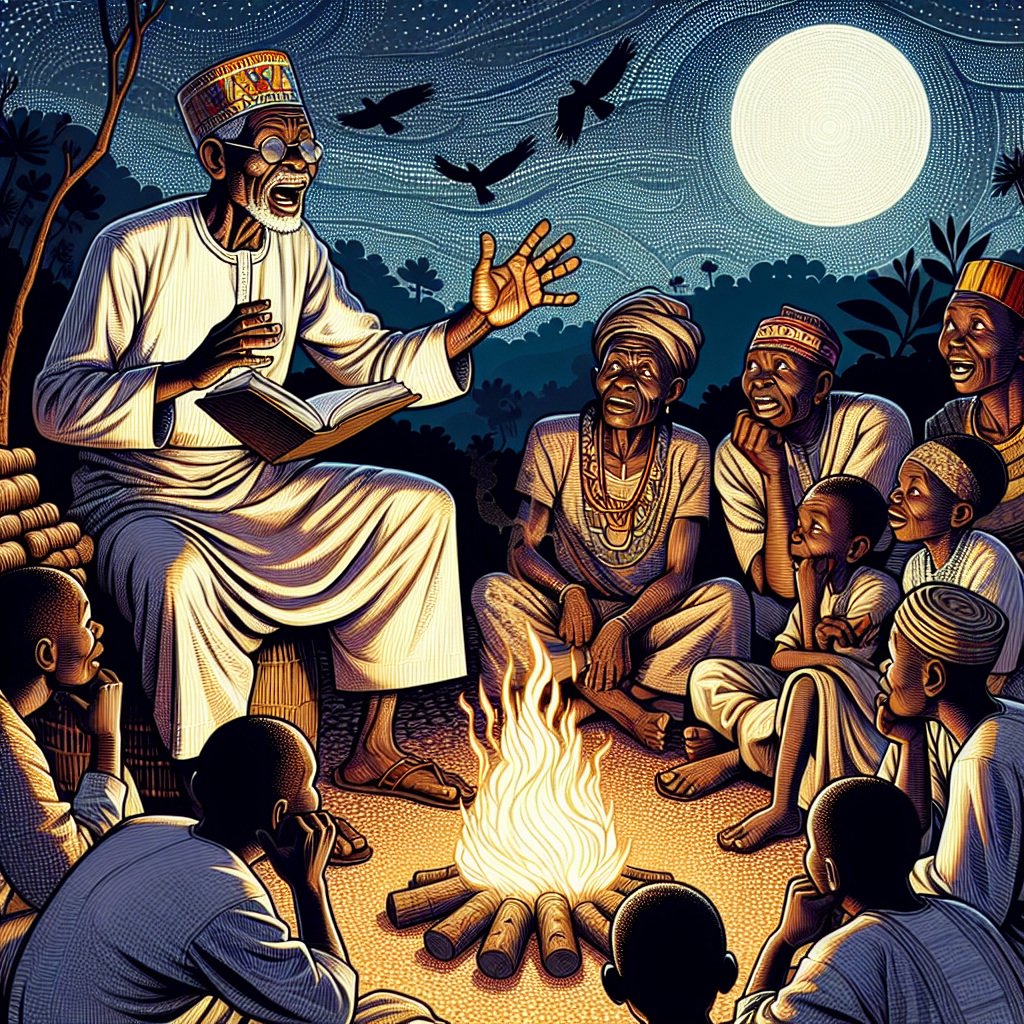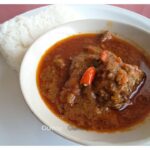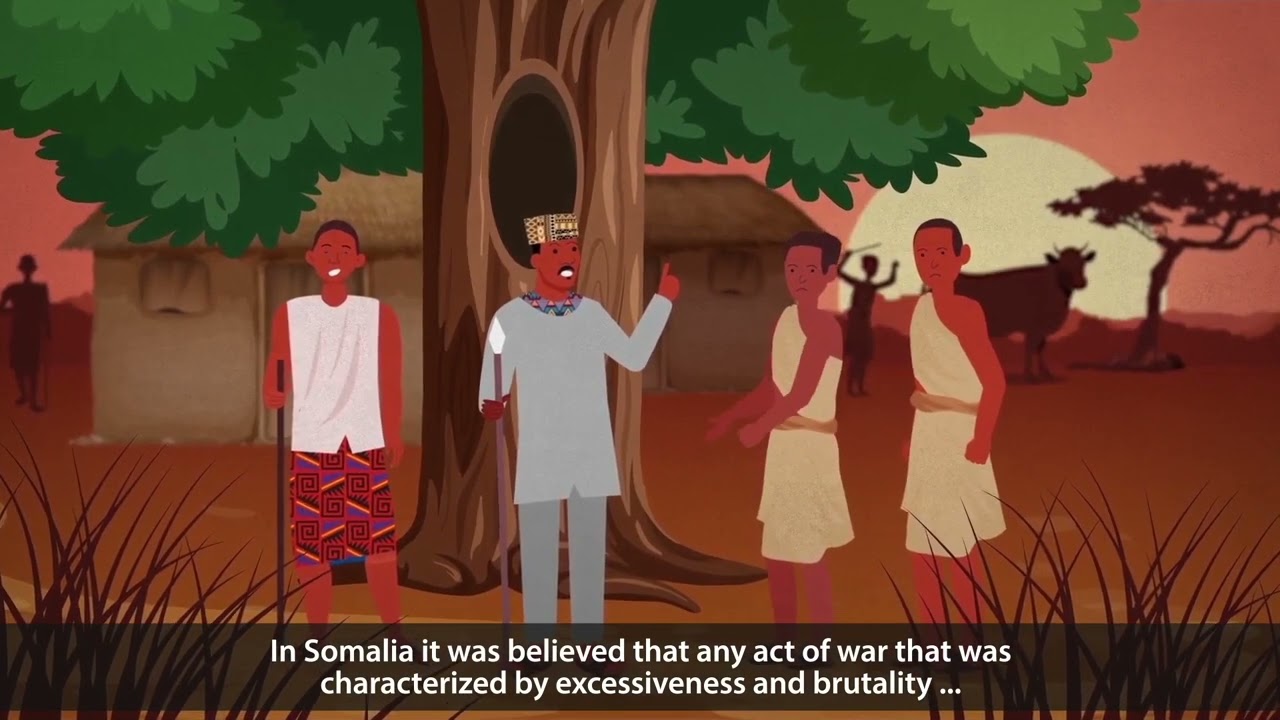Storytelling and oral traditions have always been an integral part of Nigerian culture. For generations, stories have been passed down from one generation to the next, preserving the history, beliefs, and traditions of the people. These oral traditions are a powerful way to keep Nigeria’s history alive and pass on important lessons and values to future generations.
In a country as diverse as Nigeria, with over 250 ethnic groups and languages, oral traditions play a crucial role in preserving the unique cultural heritage of each community. Stories are told through folktales, myths, legends, proverbs, and songs, each carrying its own distinct message and meaning. These stories often reflect the experiences, beliefs, and struggles of the people, serving as a valuable record of the past.
One of the most well-known examples of oral traditions in Nigeria is the storytelling tradition of the Hausa people. The Hausa have a rich history of oral storytelling, with griots or praise singers playing a central role in preserving and disseminating cultural knowledge through their songs and stories. These griots are respected members of the community who hold the responsibility of passing down the history of their people through their performances.
Similarly, the Yoruba people have a strong tradition of storytelling through proverbs, folktales, and myths. Yoruba myths and legends often feature gods and goddesses, spirits, and animals, offering moral lessons and insights into the Yoruba worldview. These stories are passed down from parents to children, ensuring that the cultural heritage of the Yoruba people is preserved and celebrated.
In addition to preserving cultural traditions, oral storytelling also serves to educate and entertain. Many Nigerian folklore stories are not only entertaining but also contain valuable life lessons and moral teachings. Through these stories, children learn about the importance of honesty, bravery, cooperation, and respect for elders. By engaging with these stories, young people are able to connect with their cultural roots and develop a deeper understanding of their heritage.
Despite the increasing influence of modern technology and mass media, oral traditions continue to play a vital role in Nigerian society. Storytelling events, festivals, and performances are still popular throughout the country, drawing large audiences eager to hear the tales of their ancestors. In recent years, efforts have been made to document and preserve these oral traditions through recordings, publications, and cultural institutions, ensuring that Nigeria’s rich storytelling heritage is not lost.
In conclusion, oral traditions and storytelling are a cornerstone of Nigerian culture, serving as a powerful tool for preserving history, passing on cultural knowledge, and fostering a sense of community. By keeping these traditions alive, Nigeria can continue to celebrate its diverse heritage and ensure that the wisdom and experiences of past generations are not forgotten. As we look to the future, it is important to continue to support and promote oral storytelling as a vital part of Nigeria’s cultural identity.












